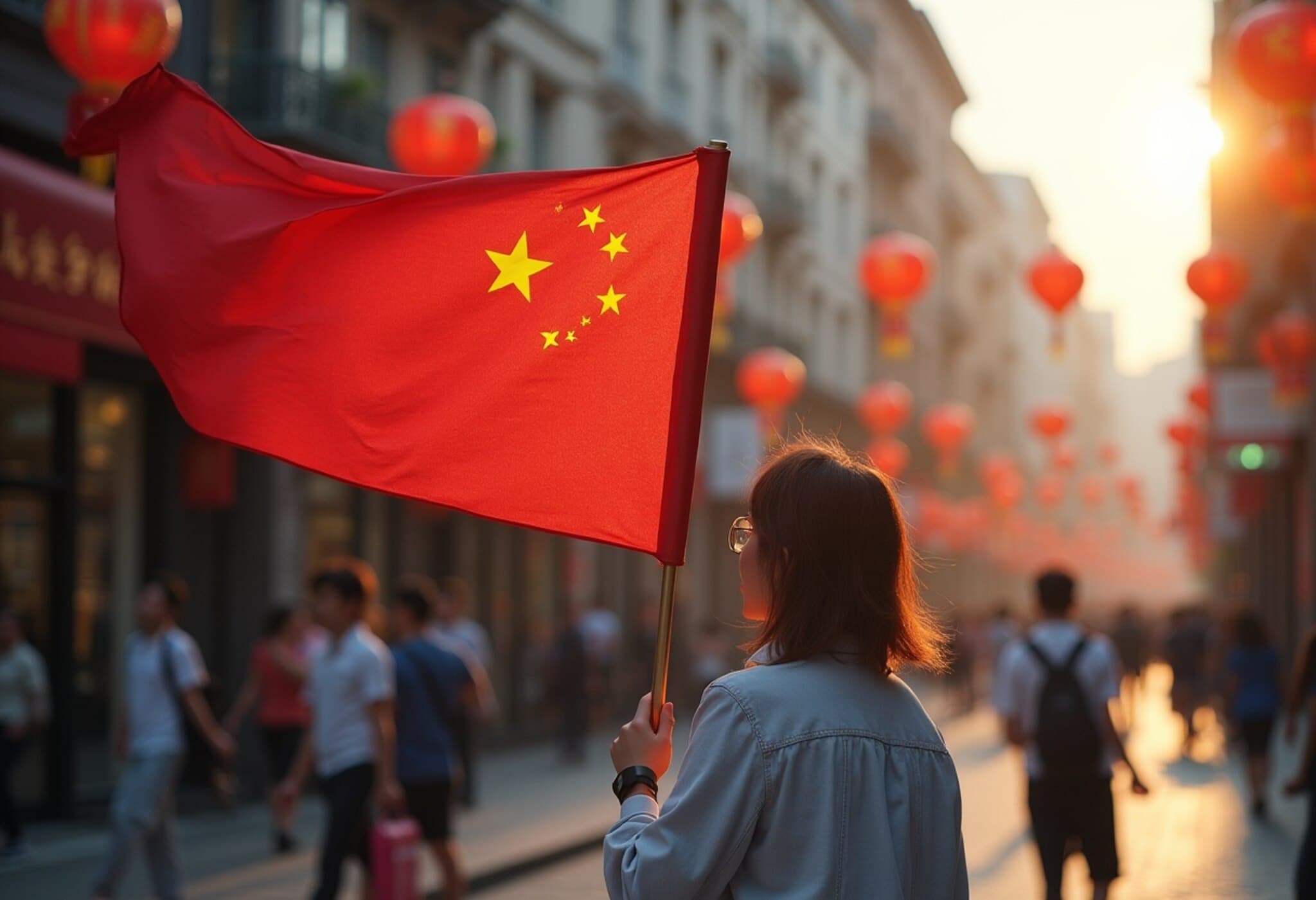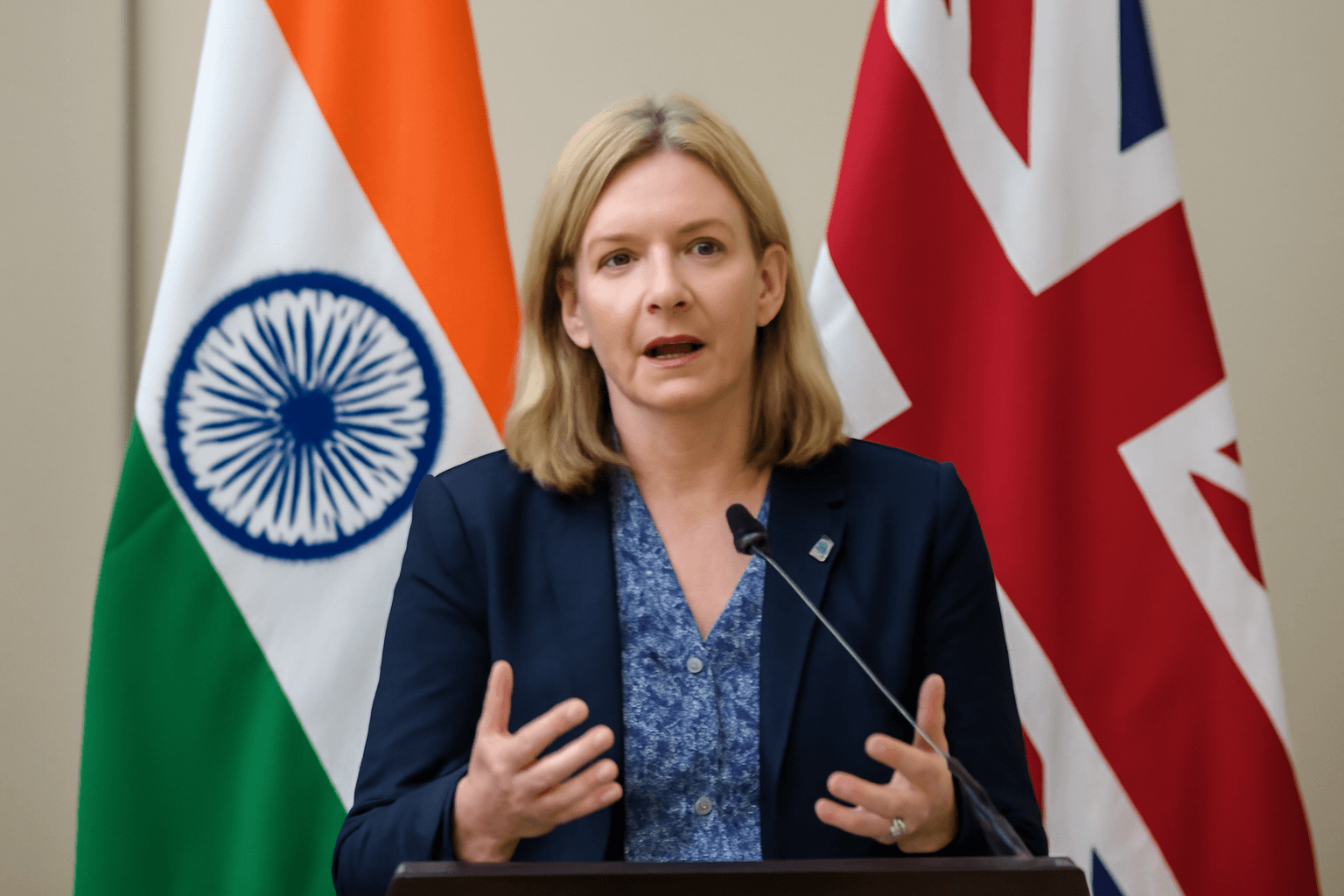UK Broadens 'Deport Now, Appeal Later' Policy Amid Immigration and Prison Strains
In a significant move affecting foreign nationals convicted in the United Kingdom, Home Secretary Yvette Cooper has announced the extension of the UK government's controversial ‘deport now, appeal later’ scheme to include India and 14 other countries. This change expands the list from eight to 23 countries, aiming to expedite the removal of foreign offenders and curb delays caused by ongoing appeal processes.
What Is the ‘Deport Now, Appeal Later’ Policy?
The scheme is designed to fast-track deportations for foreign criminals by allowing the Home Office to deport offenders immediately after conviction, even before their appeals are heard in court. Traditionally, such appeals could take months or years, effectively allowing offenders to remain in the UK while their cases were processed.
Under this policy, deported individuals are required to attend their appeal hearings remotely—typically via video link—from their home countries. If successful, they may be able to return to the UK, but until then, they remain abroad. The government argues this system prevents the exploitation of the appeals process by offenders seeking to stay in the country.
Expansion: Adding India and More
Alongside India, the list now includes Canada, Australia, Angola, Botswana, Brunei, Bulgaria, Guyana, Indonesia, Kenya, Latvia, Lebanon, Malaysia, Uganda, and Zambia. The inclusion of India is particularly noteworthy due to the sizeable population of Indian nationals within UK prisons; as of June 2025, 320 Indian inmates fall under this category, one of the largest groups among foreign offenders.
The expansion is part of the government's response to two intertwined challenges: the exploitation of the immigration appeals system by foreign offenders and a severe prison overcrowding crisis. England and Wales are operating close to full capacity, with over 10,700 foreign nationals imprisoned—approximately 12% of the total population.
Implications for India-UK Relations and Migration Policy
The move comes amid ongoing diplomatic engagement between the UK and India on migration and cooperation. While the policy aims to streamline removals and ease pressure on UK prisons, it has potential to strain relations if New Delhi resists accepting deportees. The government must balance enforcement with diplomatic sensitivity, particularly in terms of human rights and international legal obligations.
Financial and Public Safety Considerations
- Cost of incarceration: Each prison place costs approximately £54,000 annually.
- Prison overcrowding: Relieving pressure on overcrowded facilities remains a pressing concern.
- Public safety: Faster removals aim to protect local communities by removing offenders swiftly.
According to government statistics, in the year following Labour’s rise to power in July 2024, 5,179 foreign national offenders were deported — a 14% increase compared to the previous year.
Policy Details and Safeguards
Justice Secretary Shabana Mahmood has further proposed reducing the deportation threshold, allowing removals immediately after sentencing instead of after serving half the sentence. However, there remain critical safeguards: prisoners convicted of the most severe crimes, such as terrorism or murder, will serve their full sentences before deportation is considered.
Furthermore, prison governors retain the authority to block deportations if there is a credible national security threat or if deportation risks contravening human rights commitments.
Political Reactions
Both the ruling Labour Party and the opposition Conservatives support the expansion, albeit with differing perspectives on its extent and enforcement. Shadow Home Secretary Chris Philp advocates for a blanket policy deporting all foreign criminals, while Shadow Justice Secretary Robert Jenrick suggests using visa suspensions and foreign aid leverage to pressure countries reluctant to accept deportees.
Foreign Secretary David Lammy has indicated intentions to broaden the scheme further, signaling a sustained focus on strengthening immigration controls.
Expert Insight: Balancing Justice, Diplomacy, and Human Rights
The expansion raises pressing questions about the balance between efficient criminal justice administration and fundamental human rights protections. Deporting individuals prior to appeal resolutions reflects a tough stance but invites scrutiny regarding due process and the fairness of remote appeal hearings.
Moreover, incorporating populous and diplomatically important nations like India increases the stakes, necessitating clearer frameworks for cooperation and repatriation. There is also a risk of inflaming xenophobic narratives domestically if policy nuances are lost in politicized media interpretations.
From an economic standpoint, reducing the number of foreign inmates relieves fiscal burdens on the prison system — currently facing capacity and budgetary pressures — while potentially expediting reintegration measures in the offenders' home countries.
Looking Ahead
As the UK government moves forward with this policy, stakeholders—from legal advocates to human rights organizations and diplomatic channels—will closely monitor practical outcomes and repercussions. Key questions remain:
- Will remote appeals ensure adequate access to justice?
- How will diplomatic ties evolve amid increased deportation demands?
- To what extent can the policy reduce prison overcrowding without compromising safety and fairness?
Editor’s Note
The UK's ‘deport now, appeal later’ policy represents a critical intersection of immigration control, criminal justice policy, and international diplomacy. Its expansion to India and 14 more countries underscores the government’s intent to close loopholes and accelerate deportations. However, this accelerated pathway raises essential concerns about the rights of foreign nationals, the fairness of remote hearings, and the long-term diplomatic relationships required for successful repatriation. Readers should watch this space for developments in policy execution, judicial responses, and bilateral negotiations that will shape the UK’s immigration landscape in the coming years.














